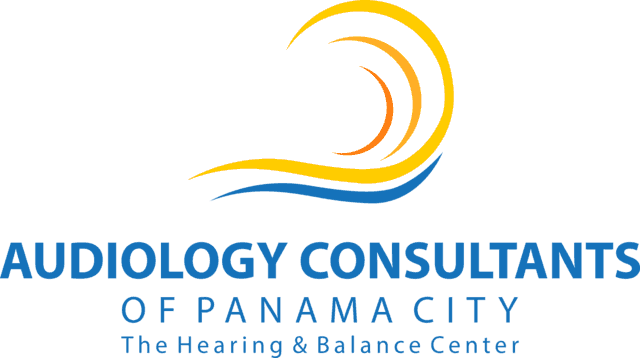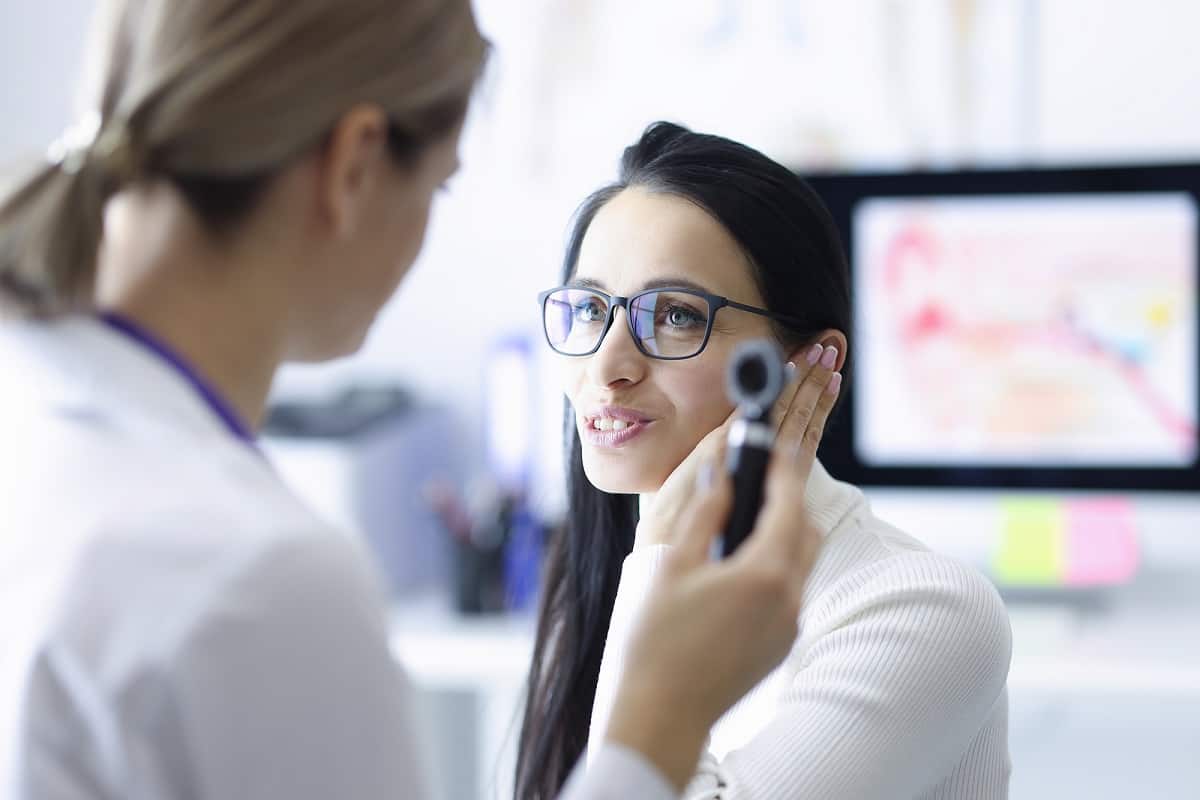- Practical Tips for Managing Daily Challenges With Tinnitus - April 8, 2025
- Signs Your Hearing Aid Battery Needs to Be Replaced - March 13, 2025
- How Better Hearing Can Strengthen Bonds This New Year - February 7, 2025
Your Hearing Health is Key to Your Overall Health
Consider this string of consequences: your hearing is starting to go a little bit, but not so significantly that you really notice. Sometimes you suspect for a second that it may be a thing, but of course it is simpler to just push it out of your mind & carry on with your life.
But then you are out somewhere with some friends & there is some background noise. You probably do not even realize that you are exerting some extra effort to follow the conversation. Many people depend on reading lips without even realizing that they are doing so. And this extra conversation that you are investing in following the conversation is fatiguing, because it is in fact exerting extra energy. But you are also getting a little confused, missing some phrases & depending on context clues to reassemble the conversation as best you can in your head, quick as you can so as to not fall behind in the conversation.
And because this is all so fatiguing, you may not even notice that a little bit at a time you are beginning more & more often to skip social events. And because this social withdrawal has all happened unconsciously, you may not even understand why you are beginning to feel a little isolated & lonely. Loneliness leads to depression more often than it doesn’t & depression creates a warped sense of scale & a diminished sense of wonder. These feelings cause more frustration, feelings of powerlessness & self-blame. And these all together cause true cognitive decline which accelerates quickly.
Now consider that less than 20% of everyone that suffers from hearing loss keeps up with an appropriate treatment plan to mitigate its effects. This means that this scenario of compounding effects outlined above may be the worst case scenario, but it is not the exception. It is the norm.
Denial Is Not a Solution
This sad & common case described above is the trajectory for so many more people than you are likely to assume. Hearing loss is not like vision troubles. Of course we all know people who wear glasses & we do not think twice about it. It is perfectly normal & acceptable. But hearing loss does not have the same kind of visual cue to let us know how common it really is. But we do also all know people that live with hearing loss & we just do not realize it.
Hearing loss affects about 14% of the population of the U.S. aged 18 & above. This is somewhere between 35-45 million people living every day with heightened risks to their physical safety. This is 35-45 million people whose career opportunities are diminished in ways in which they should not need to be.
Hearing Loss is Almost Always Tough to Detect
But it really does not make any sense, does it? Why would people choose to not maximize their potential for fulfillment in any small ways that they could?
There are all kinds of motives that may explain these social trends, but most significantly perhaps is that hearing loss comes on so gradually, it is often very difficult to detect. When you are at home or in any other familiar environment in which you have a great degree of control over the setting, you are not likely to notice any subtle changes to your hearing. You can turn up your television to hear it better. You can turn down your stereo to hear your partner better. It is out in public, in places in which you are not in control, that you are likely to feel agitated by difficulty hearing. But you have no reason to doubt the acuity of your hearing. You blame the environment.
If you are lucky, you have observant friends or family who are willing to initiate a potentially awkward conversation about why is the volume on your television so loud, or why are you asking them to repeat themselves so frequently. But even then, are you willing to believe them?
There is no substitute for regular hearing exams performed by a trained specialist. Nothing else can accurately & objectively gauge exactly how well you really are hearing. And as we saw above, intervention at the earliest possible moment is key to managing the side effects. Hearing loss also may be a symptom of other health conditions such as diabetes. Make a point to discuss your hearing health with your doctor at your next physical to be sure that you are doing everything you can to maximize your overall health & sense of well-being.


